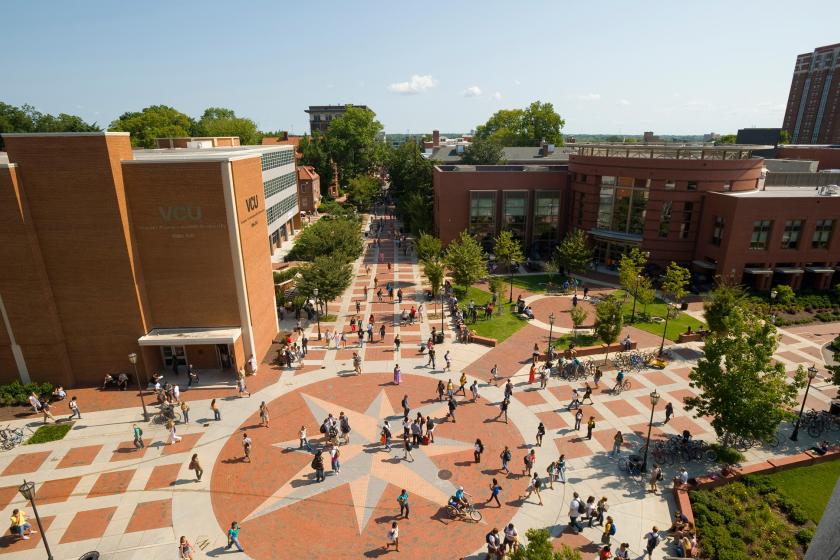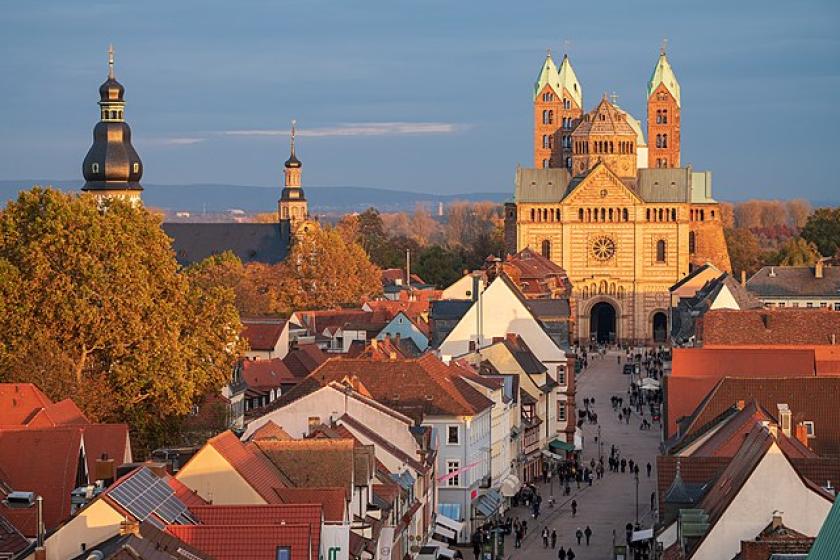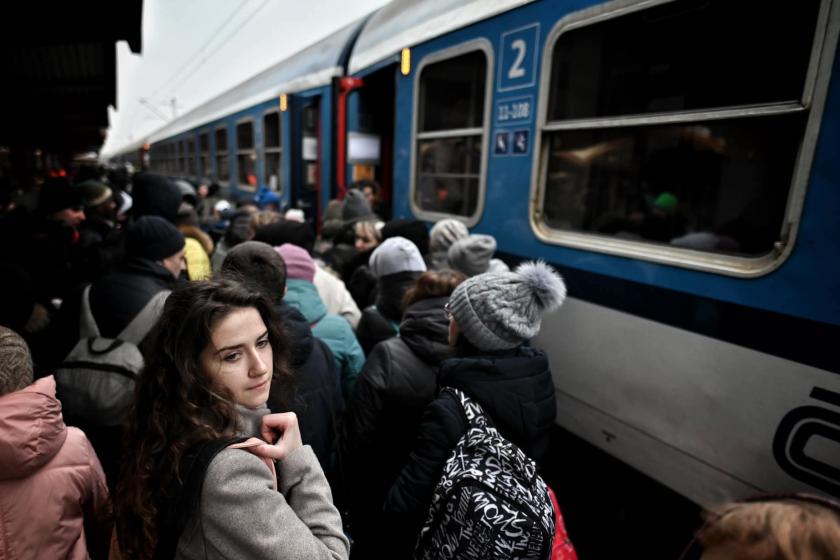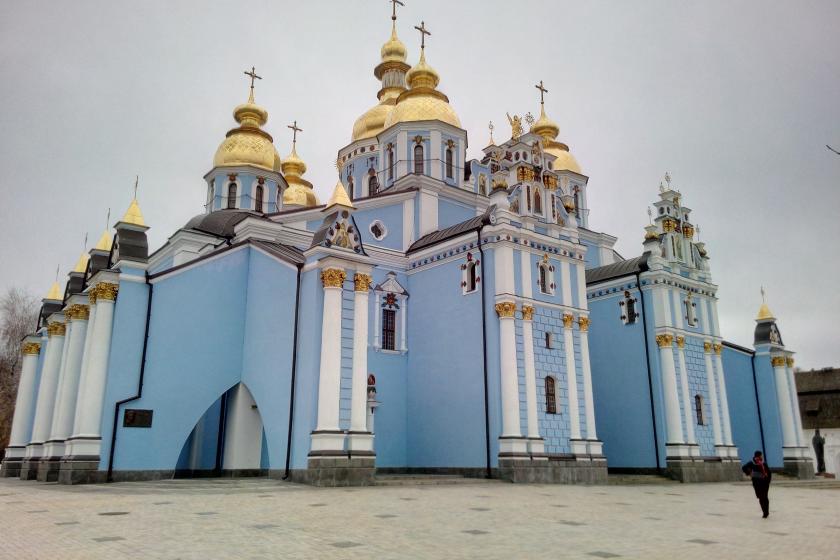Sign up here! Find Opportunities
Are you a scholar from Ukraine, Belarus, or Russia whose work has been disrupted by the war against Ukraine? Are you an academic who would like to connect with and/or provide professional development to these displaced scholars? If so, read on to learn more about the Davis Center's Scholars Without Borders program.
Russia's war against Ukraine has had innumerable impacts and academia has not been spared. In Ukraine, universities have been bombed and scholars have moved westward, many to neighboring countries. Academics from Russia and Belarus who have opposed the war or mobilization have been forced into silence or exile.
Scholars and students affected by the war, Ukrainians foremost, need support to weather the storm. They need access to academic journals, conferences, and communities; many need to establish new roots and networks; and all need to sustain their professional competencies for when it is safe to fully resume their careers.
Since the start of the war, the Davis Center has been meeting regularly with displaced scholars and university officials to better understand the situation on the ground in Ukraine, Central Asia, the Caucasus, and elsewhere. A survey of some 3,000 scholars in late 2022, combined with over 100 interviews, suggested a model for providing support: helping scholars where they are, rather than relocating them. That has been our focus. We have also found that there is a tremendous desire to help displaced scholars, but how one can best do this is an evolving challenge.
Scholars Without Borders (SWB), headed by the Davis Center's former executive director Alexandra Vacroux, consists of two interlocking networks.
One focuses on building in-person communities of scholars in the many cities where displaced scholars are now living. Depending on the amount of additional funding we can raise, we will provide opportunities for professional and social gatherings, intensive English and local-language courses, and guest lectures from visiting international academics. We are keen to work with local universities that recognize the talent now at their doorstep and hope to raise money to improve the electronic library resources available at these universities for both local and displaced scholars. Alexander Abashkin, the program’s Tbilisi-based coordinator, has been building out this network since March 2022.
The second network is virtual and organized along disciplinary lines. We are reaching out to the many academics in North America and worldwide who have expressed a desire to help but find themselves constrained by limited funding or administrative capacity. Dr. Daniel Epstein is leading the Davis Center's effort to bring in academics from the approximately 50 fields represented in the 2022 survey to lead virtual workshops in their disciplines once or twice a semester for war-impacted scholars now dispersed across Eurasia and Europe.
How to Get Involved
The first thing to do is to fill out our brief survey to help us match those in need with those willing to help. Please be in touch if you are:
- An academic from Ukraine, Belarus or Russia who has been affected by the war.
- A graduate student whose studies have been interrupted by the war; we are exploring what options exist for you to complete your degree.
- An official at a university in Eurasia or Europe that has open positions for which displaced scholars (or graduate students) may be suitable. We would be glad to publicize these opportunities to our members. Please provide us with as much detail as possible about whom you are looking for, what the opportunity is, and what information you need from interested applicants. Note: SWB does not vouch for the scholars or the universities' positions directly but serves as a coordination mechanism. If you have questions, please contact Alexander Abashkin.
- An academic who wants to help by organizing virtual events in your discipline. These could be lectures on developments in your field, workshops or panels on topics of communal interest, or a works-in-progress forum. If you have questions, please contact Daniel Epstein.
- Interested in supporting our efforts with funding. The more money we can raise, the more extensive our support can be. Please contact Alexandra Vacroux for more information about how you too can help preserve the incredible intellectual resources and potential that are now at risk.
Please be in touch if you have:
- Ideas about what is needed to sustain displaced scholars.
- Programs or grant opportunities that may be of interest to displaced scholars and students.
Scholars Without Borders is a project designed by the Davis Center for Russian and Eurasian Studies at Harvard University in collaboration with American Councils for International Education. It is supported by a grant from Carnegie Corporation of New York.









